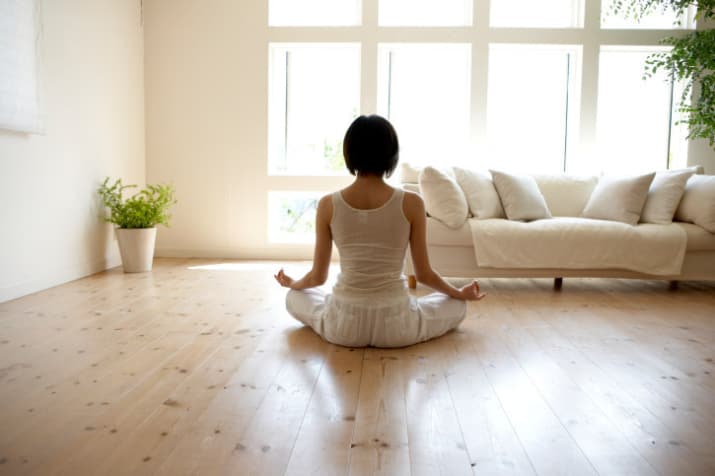Most people experience anxiety at some point in their life, whether they are male or female, young or old. For some, anxiety is a passing emotion attached to a certain life circumstance or a potentially stressful situation, such as exams, pressures in work, unpaid bills, illness or retirement. For others, anxiety is something they experience on an ongoing basis that can really interfere with the quality of their life.
Regardless, it is well worth knowing the large range of symptoms and how to deal with them for when anxiety does arise. Those symptoms include a fast heartbeat, hyperventilating, rapid breathing or breathlessness, feelings of panic, sweating, excessive worrying, disturbed sleep, tense or sore muscles, headaches, digestive issues, racing thoughts, difficulty concentrating, avoidance behaviour and fear of losing control.
Anxiety can very debilitating. It often starts out slowly with only a few symptoms presenting but it gradually builds and builds, taking more and more of a toll on the person and their life. This in itself can cause further anxiety, with thoughts like ‘It is getting worse’, ‘It will never go away’ and ‘Nothing will ever help’ serving to fuel the fire.
For this reason, it is extremely important to keep looking for information, help and support. What constitutes help, treatment and support varies from person to person. What works for one person may not for another. Focus on what you think will help you, and don’t give up if one type of support or treatment doesn’t work out.
Here are a few starting points.Mind your wellbeing
What are the little things you can do to feel better? Self-care is an important self-protective measure that benefits so many areas of life. Types of self-care that might help with symptoms of anxiety include relaxing, exercising, eating well, getting enough sleep, breathing exercises, mindfulness and limiting caffeine, alcohol and drugs.
Talk about it
Talking about the anxiety often helps and can give you a different perspective. Try talking with a friend or family member. Alternatively, talking therapies might also be of help. Ask your GP or check out www.iacp.ie or www.iahip.ie to find counselling in your local area
Soften the self-talk
Be aware of how you talk to yourself. Self-talk can be both positive and negative. Negative self-talk heightens anxiety leading to further worry, difficulty sleeping and increased anxiety. It can become a vicious circle, with lots of positive self-talk needed to counterbalance the negative. Find more information on self-talk at reachout.com.
Get support
There are many organisations and online supports available that could help. Try the information on anxiety on reachout.com, spunout.ie and stpatricks.ie as a starting point.
Additionally self-help books and CDs have been shown to help people who experience anxiety. Your GP may be able to recommend ones that suit your needs, or check out the HSE’s list of self-help reading on www.hse.ie. You’ll find a handy printable workbook on anxiety





